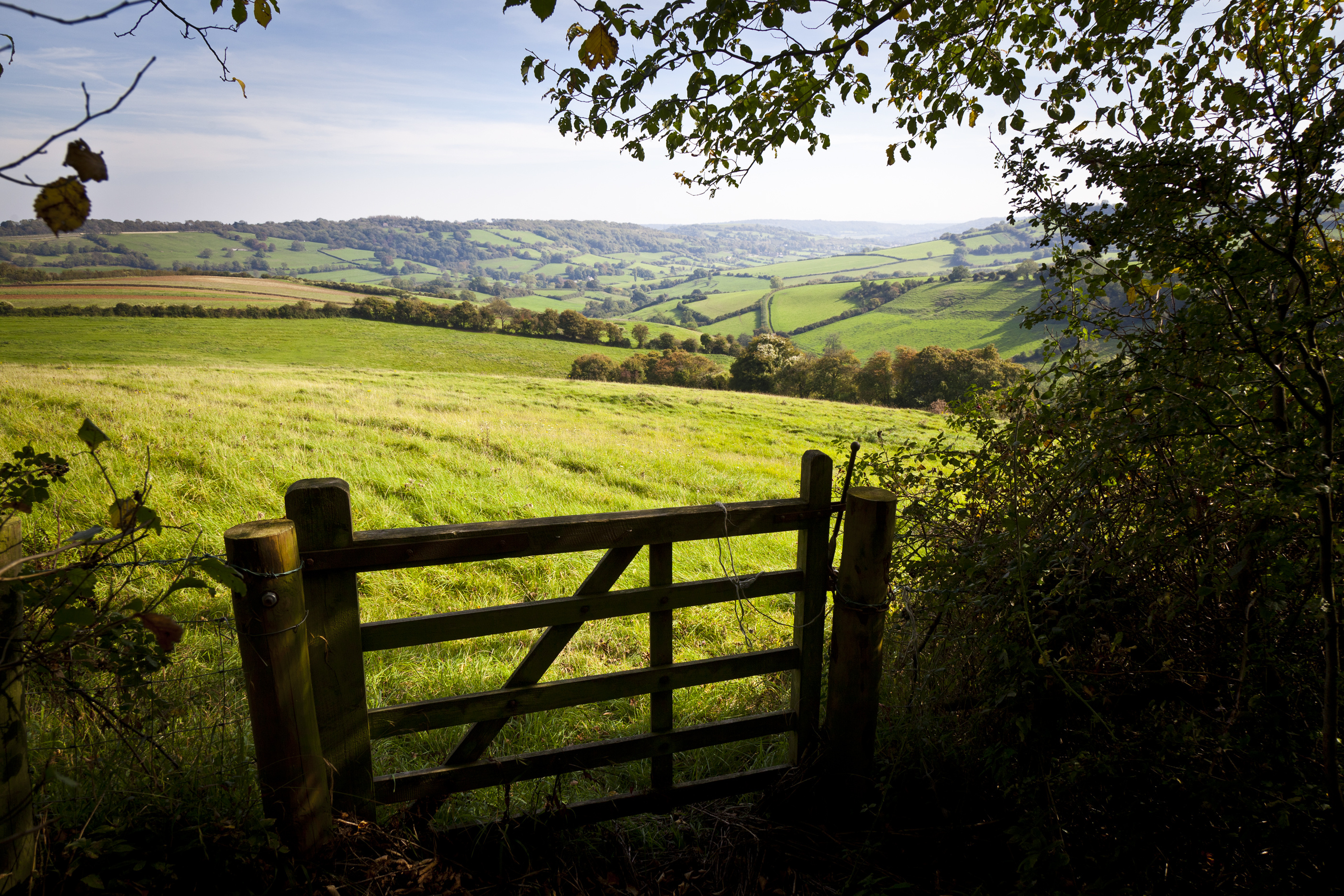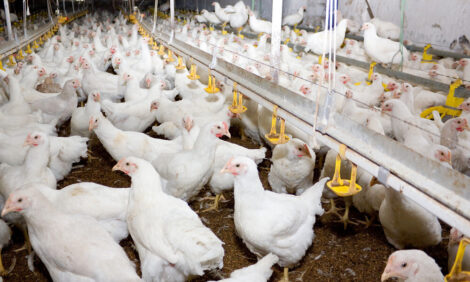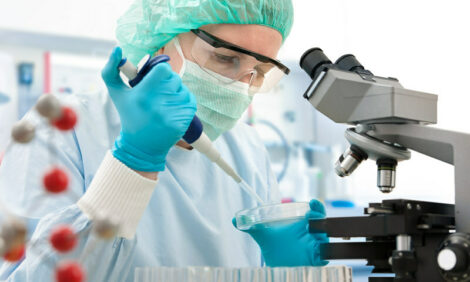



JBS reports on its $368 million investment in global sustainability initiatives for 2019
Meat packing giant JBS claims to have made significant investments across four key sustainability pillars including environmental stewardship, responsible procurement, animal welfare and social responsibility.JBS, the largest animal protein company and second largest food company in the world has revealed that in 2019 it invested R$1.90 billion ($368 million) on global sustainability-related initiatives. The figure was revealed as part of its 2019 Annual and Sustainability Report which covers the company’s activities and performance for the period of 1 January to 31 December 2019. The report also states that Sao Paulo-headquartered JBS’ record net revenue for the year exceeded R$200 billion ($38.7 billion).
A major focus area was to invest in processes that encourage the sustainable production of raw materials (cattle, poultry, pork and lamb) in order minimise climate change risk and reach ambitious carbon emissions targets. Key achievements for the year included:
- JBS Brazil reused 121,000 metric tonnes of waste to generate energy, which is 9 percent more than the previous year.
- Over 1 million tons of waste generated by the Company were also reused, accounting for approximately 50 percent of all waste generated.
- Over 3.3 billion litres of water were reused in Company operations around the world. This amount of water is equal to 1,320 Olympic-size swimming pools.
- Globally, R$ 698.82 million ($135.5 million) was invested in environmental stewardship at JBS factories.


A notable step towards the lowering of emissions in 2019 was the qualification of JBS Biodiesel as the first biodiesel company authorised to take part in a new Brazilian policy to reduce greenhouse gas emissions. It is now authorised to issue Decarbonisation Credits (CBio), as established by the RenovaBio programme. CBios are obtained from the production of biodiesel, the main raw material of which is bovine tallow. This will begin in 2020.
JBS has also invested towards solving to the sector’s structural problems. Traceability of the entire beef supply chain is an industry-wide challenge and a complex task. JBS has worked on the frontlines for over ten years meaningful, responsible change in the Amazon region and has made considerable investment in education, monitoring and enforcement to drive forward industry standards.
CDP, the international platform for corporate sustainability information recognised JBS’ efforts in the fight against deforestation and climate change. In the 2019 CDP ratings, JBS featured in the top ten companies globally for tackling deforestation and was the top scorer in South America. JBS was awarded a "B" score which is higher than others in the sector, for its supply chain protocol and efforts to drive the structural changes needed relating to supply chain traceability.
A new global goal for 2020 and beyond is to develop a reforestation project in the Legal Amazon in partnership with its cattle suppliers, customers, and civil society organisations.
In 2019, JBS Brasil brand Friboi entered into a partnership with the Araguaia League whose members include 60 livestock producers in the Médio Vale do Araguaia region, located in the state of Mato Grosso. The goal is to use sustainable livestock production to not only reduce greenhouse gases in the livestock chain but to contribute to environmental and biodiversity conservation. Together, these livestock producers help to preserve an area of 54,000 hectares of legal reserve and permanent preservation areas. JBS also has plans for an ambitious tree planting project in 2020.
Marcio Nappo, JBS’ Director of Sustainability commented:
“JBS is committed to investing in projects and solutions that can improve existing models used across the industry. Sustainability is a crucial part of our global business. As our Annual Sustainability Report 2019 shows, JBS’ business units have much to celebrate. We are also proud of the industry acknowledgements received and partnerships gained over the past year.
As a sustainability leader in the field, we have worked to make sure that all 240,000 global employees of JBS are aware of and engaged in our sustainability initiatives. We also expect the same standards of our supply chain.
In the face of the COVID-19 pandemic, 2020 has looked like a very different year with challenges of a different scale and new priorities brought to the forefront. We continue to make investments to reach our sustainability targets, protect our workforce and the environment, all of which are more important than ever in the evolving global landscape.”
JBS is a member of some of the largest industry and sustainability organisations in its operating countries. Memberships include the Sustainable Agriculture Initiative, Global GAP, Red Tractor and the Australian Environmental Business Network.
It is part of the main multi-stakeholder initiatives to promote sustainable beef production and worldwide. JBS is a founding member and partner of the Global Roundtable for Sustainable Beef (GRSB) and the Grupo de Trabalho da Pecuária Sustentável (GTPS – The Brazilian Roundtable on Sustainable Livestock).
Recently, JBS also became a member of the Brazilian Coalition on Climate, Forest and Agriculture and joined the global organisation Tropical Forest Alliance, a platform initiated to support the implementation of private-sector commitments to remove deforestation from their supply chains. It is hosted by the World Economic Forum.









